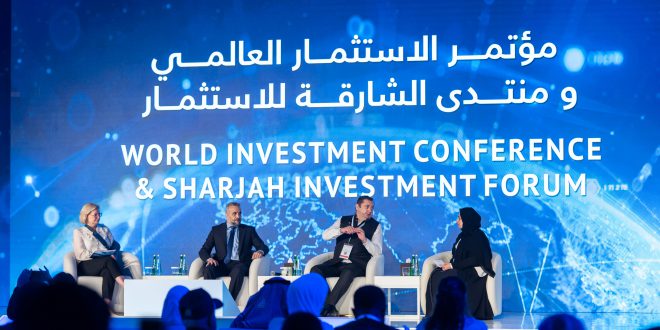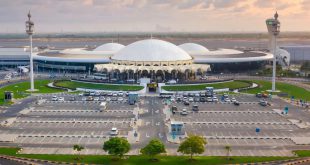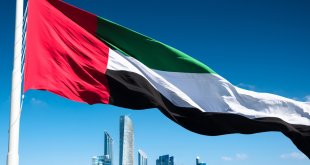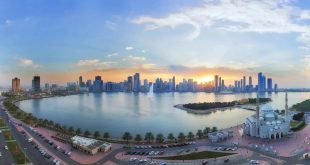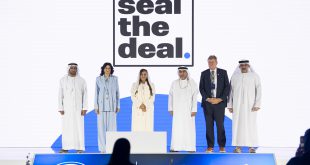The UAE’s manufacturing sector grew 7.7% in the first quarter of 2025, contributing 13.4% to the nation’s non-oil GDP — a surge that experts attribute to the country’s rapid embrace of Industry 4.0 technologies. The figures and other key insights framed discussions on the second day of the Sharjah Investment Forum – World Investment Conference (SIF-WIC 2025), where a high-level panel explored how the UAE’s industrial digitalisation is redefining the global manufacturing landscape.
Titled “Transforming Industries Through Smart Manufacturing,” the session brought together leaders from the industrial, investment, and technology sectors to examine how AI, robotics, IoT, and advanced analytics are fuelling productivity, sustainability, and cross-border competitiveness.
Moderated by Courtney Fingar, Senior Advisor at the World Association of Investment Promotion Agencies (WAIPA), the panel featured Fuad Al-Attar, Senior Vice President, Middle East, Siemens AG; Sergei Millian, CEO, Regal Assets Group Holding Ltd; and Eng. Yasmin Al Enazi, Executive Director, IXO Hub, and CEO of Industry 4.0 by Maxbyte Technologies.
Fuad Al-Attar emphasised Siemens’ deep role in regional industrial transformation, noting the implementation of more than 250 energy-efficiency and digital-factory projects across the Middle East. “Every minute of downtime avoided translates into measurable productivity gains,” he said. “Predictive maintenance, once a futuristic idea, is now an everyday operational norm in advanced facilities across the Emirates.”
He added that challenges like cybersecurity and workforce reskilling can become catalysts for innovation. “Governments can accelerate digital transformation through industrial acceleration programmes where large firms share proof-of-concepts, results, and lessons learned. The mission is to create connected, predictive, and sustainable production systems where data empowers companies to make faster, better decisions.”
Offering a national perspective, Eng. Yasmin Al Enazi outlined how the UAE’s National Strategy for Industry 4.0 and Operation 300bn are transforming industrial capabilities through technology integration, policy alignment, and human capital development. “These diagnostics allow us to design tailored roadmaps for transformation, ensuring that no factory is left behind,” she said. “In the first quarter of 2025 alone, the UAE’s manufacturing sector recorded 7.7% growth, contributing 13.4% to the non-oil economy — proof that advanced manufacturing is fast becoming a real economic engine.”
She added that human capacity remains central to the UAE’s industrial success. “The next generation of manufacturing requires a next-generation workforce. We now have an integration ecosystem that connects the UAE with Egypt, Turkey, Malaysia, and the GCC — advancing joint R&D, technology transfer, and innovation programmes.”
Representing the investor viewpoint, Sergei Millian shared how the UAE’s industrial strategy, logistics infrastructure, and pro-business regulatory framework are attracting new forms of high-value manufacturing. “Our company traditionally operated in finance and real estate, but the UAE’s dynamic industrial environment inspired us to diversify into manufacturing. The infrastructure, policy clarity, and efficiency here are unmatched.”
He cited Regal Assets’ new marble-processing facility as an example of innovation in action: “We’re now producing marble panels as thin as one to five millimetres — maintaining the aesthetic of natural stone while being lighter, more sustainable, and easier to transport. This is Industry 4.0 in motion.”
Concluding the session, moderator Courtney Fingar reflected on the discussion’s global implications: “The nations that succeed in Industry 4.0 will be those that invest as much in people as in machines. The UAE stands out as a living case study of how governments can combine technology, human capacity, and investor confidence to future-proof their economies.”

